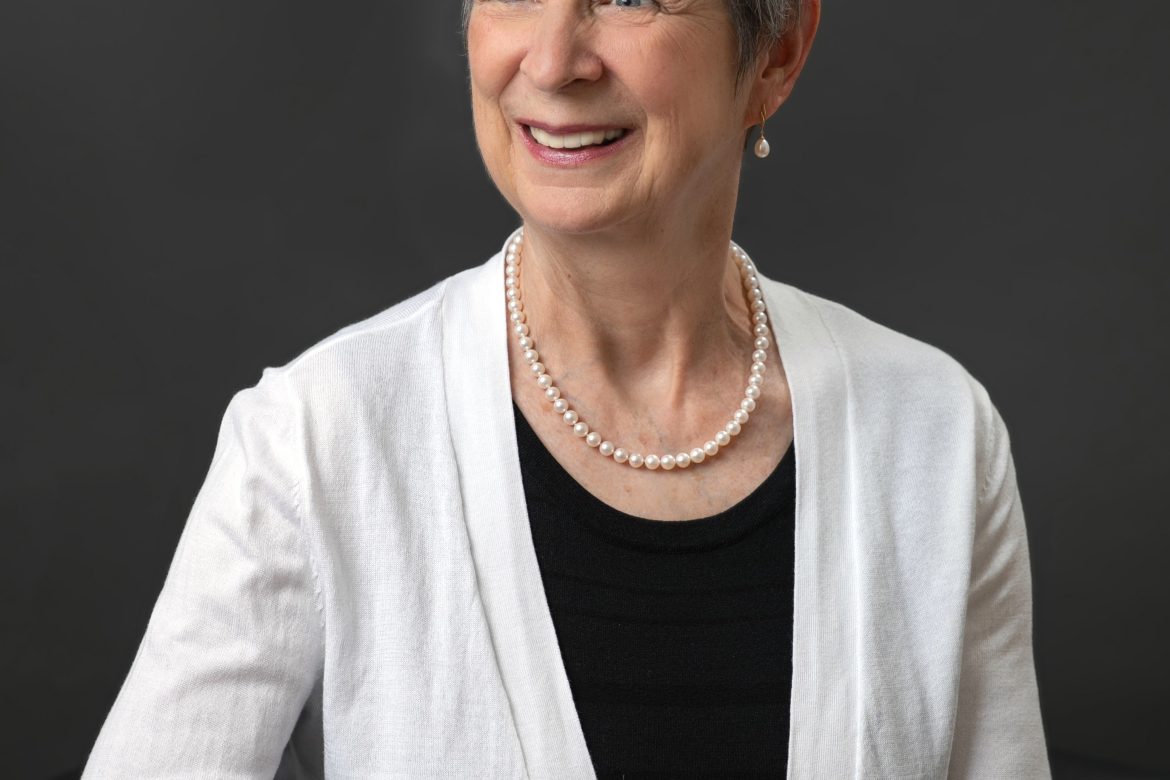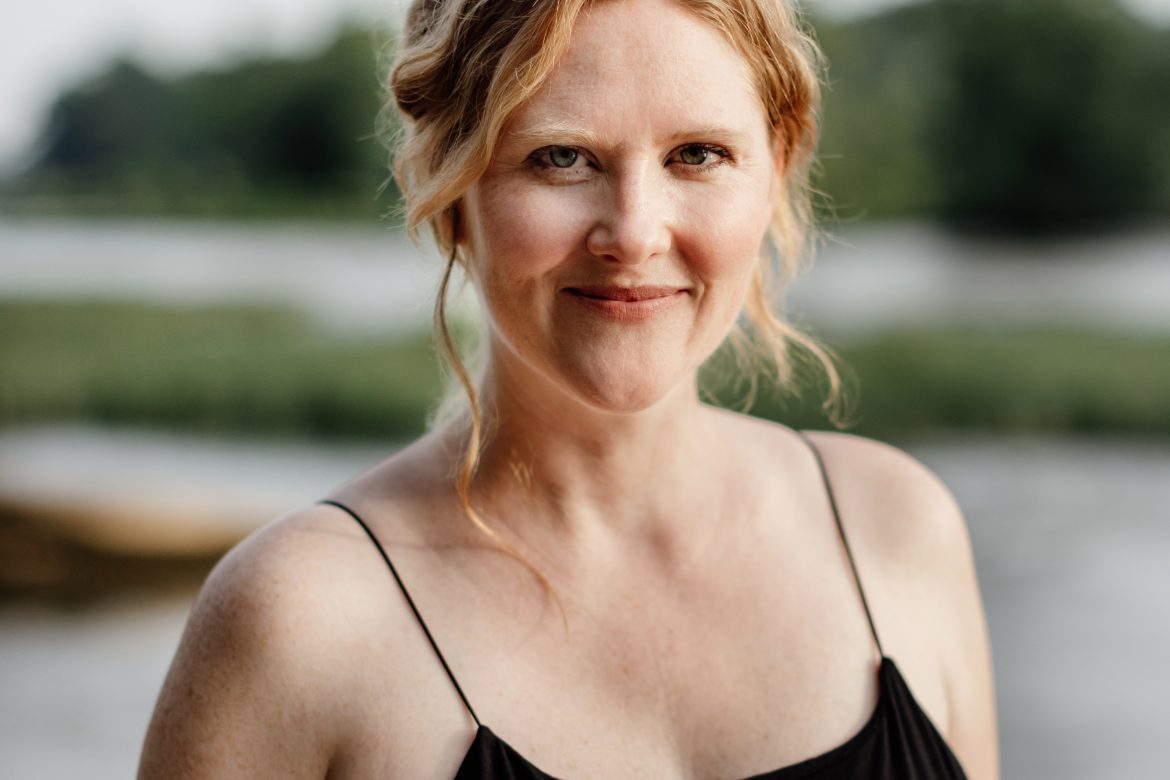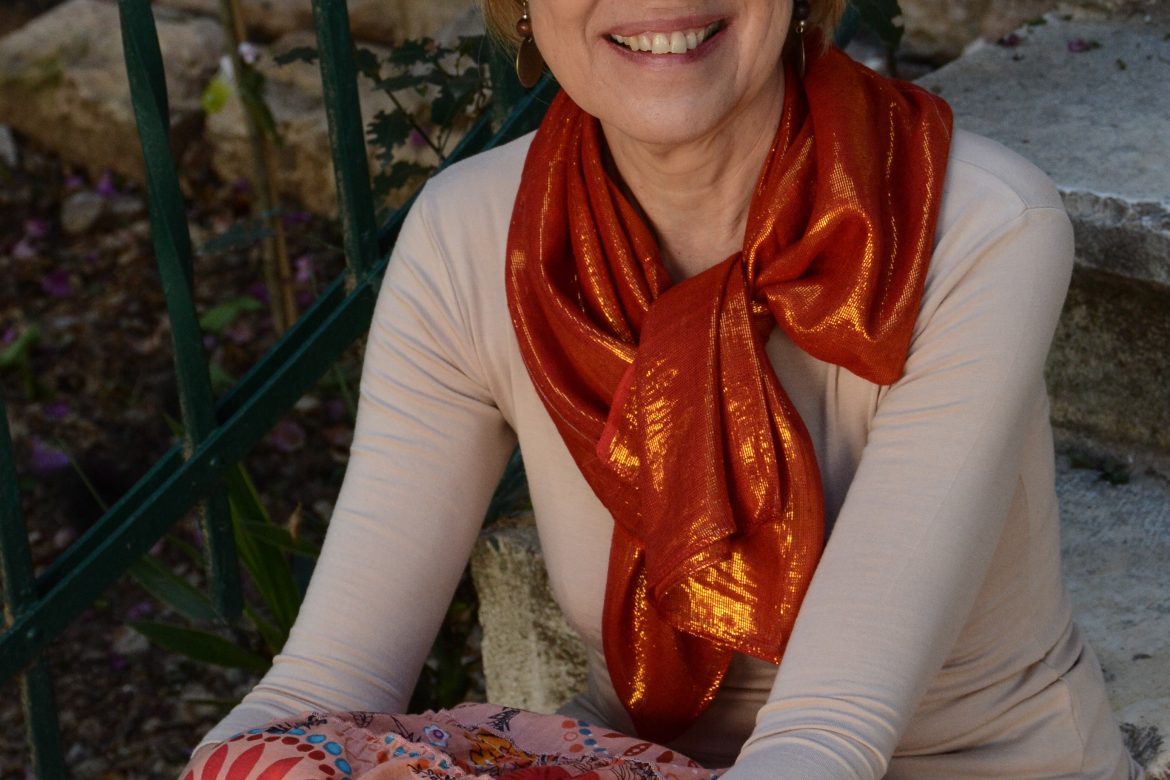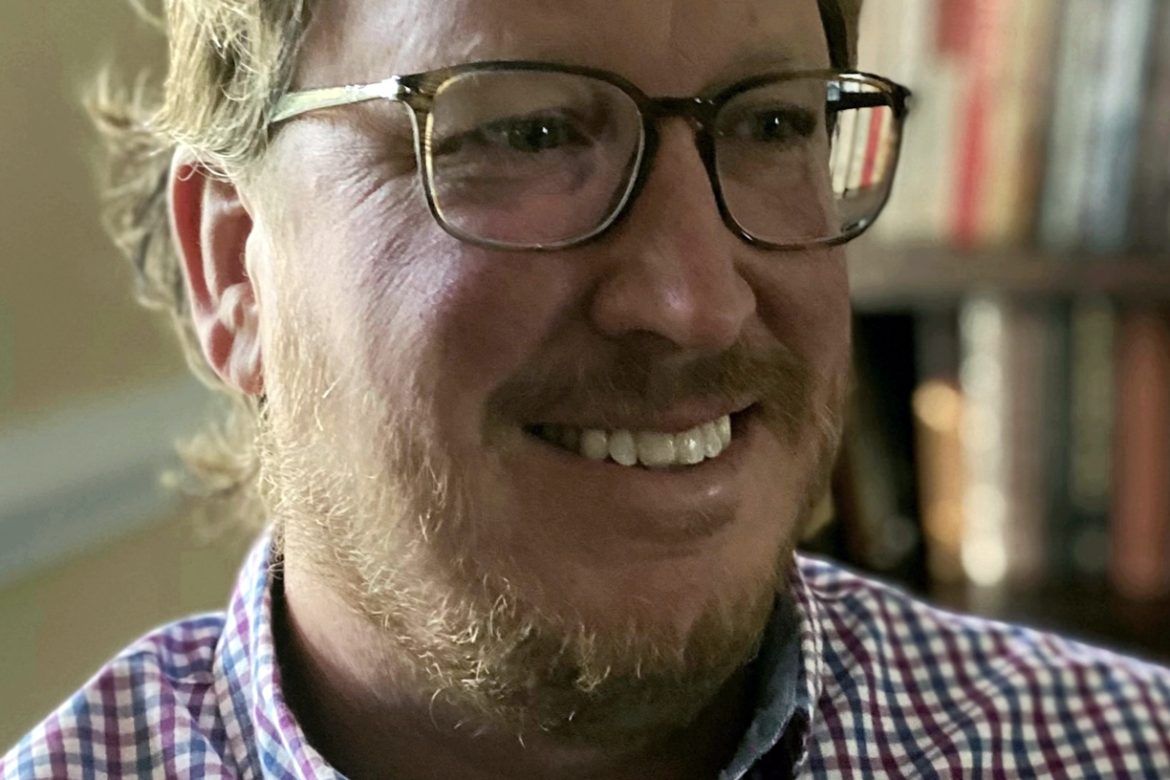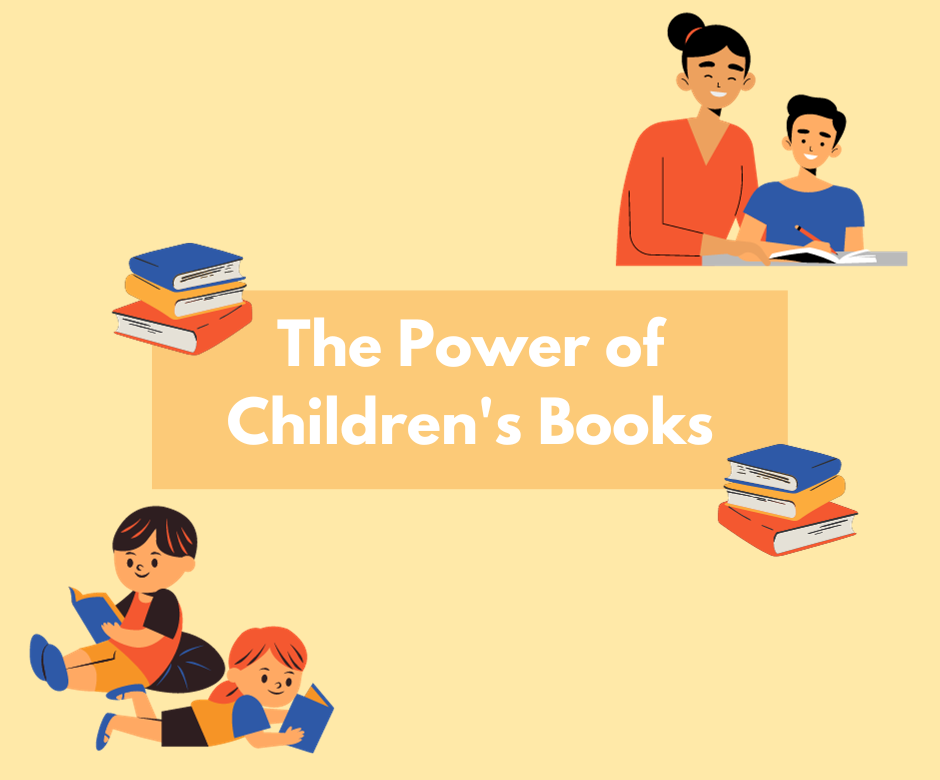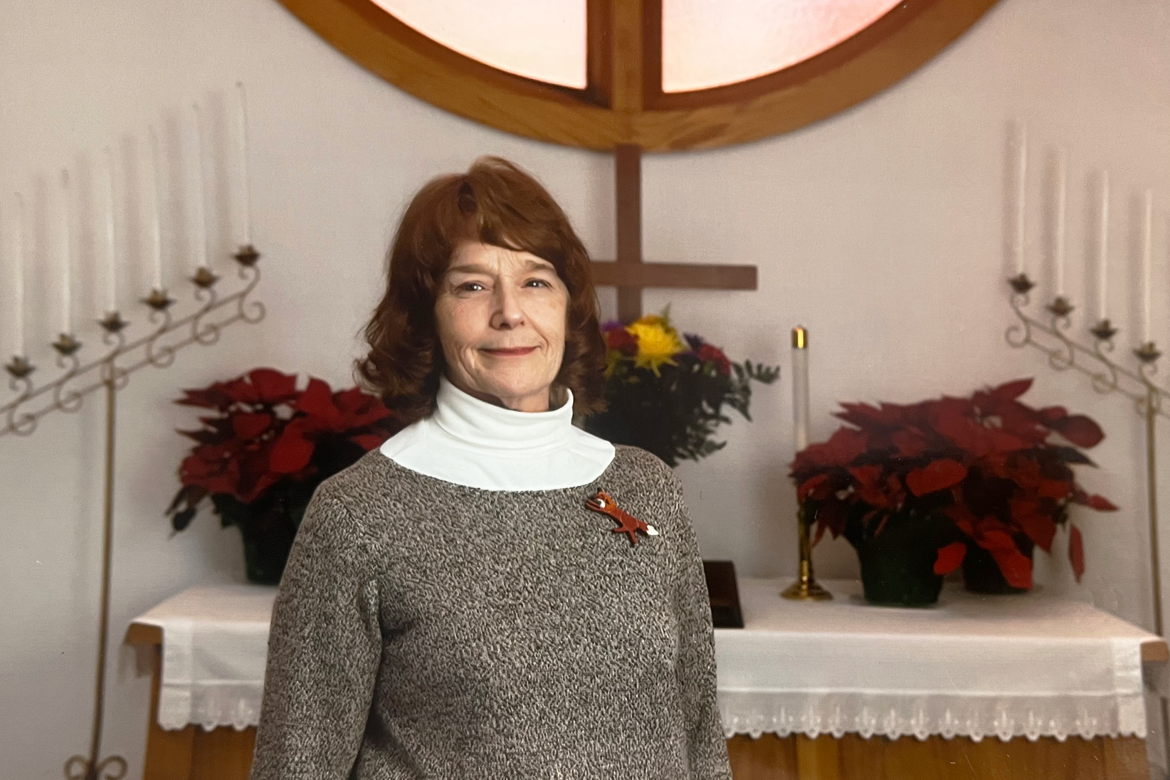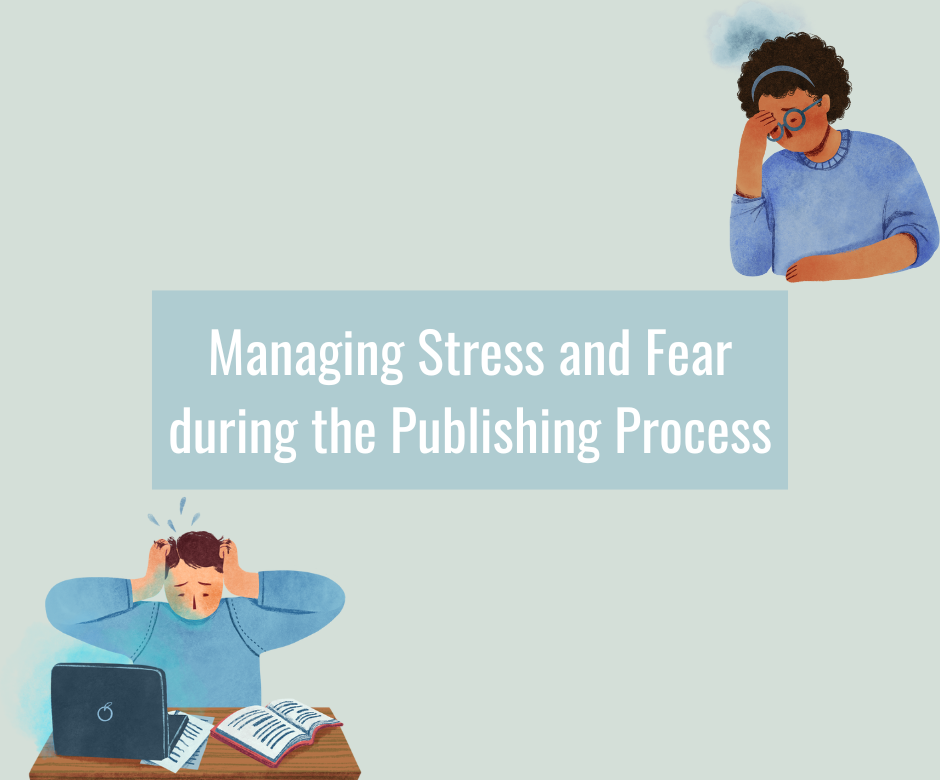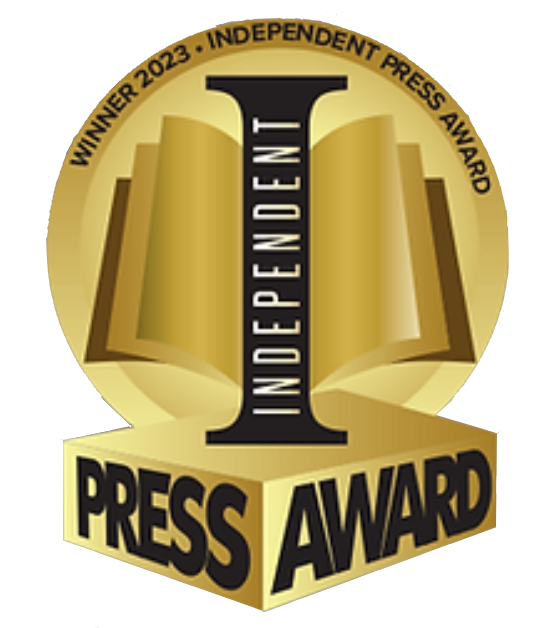The Road to Publication for a Writer of a Certain Age
The following blog post, written by Carole Duff, was originally published on Brevity Blog on 8/5/2024.
“Memoir is hard to sell,” the webinar presenter said. “The market is glutted. Does anyone want to read another story about loss, trauma, mental illness, mother, father, son, daughter, spouse, friend, lover, rejection, or failure?”
I nodded at her image on my computer screen. Having heard this message many times before, I expected to come away feeling disheartened. But not this time.
“Being passed over by agents and the Big Five Publishers is an opportunity to leverage your skills,” she said, “to make your own decisions, and market to your audience.”
Turning rejection into opportunity, taking control of the process—that resonated with me. People do want to read stories when they reflect growth and insight, and it’s up to us debut authors of a certain age to learn how to get those stories published. Here’s what I did.
At first, I made a lot of rookie mistakes. I queried random agents before I found my real story and had no clue about book proposals, target audiences, or pitches. To solve the writing problem, I consulted with supportive editors and found my story: My memoir is about building a house with my later-in-life husband, uncovering mysteries and secrets from our pasts, facing hard truths, and finding a home at last. I also attended workshops and webinars, read books and articles, to get my head around the publishing process. Finally, I had a workable book proposal in hand, including a well-defined target audience: women of faith in the second half of life, women who are contemplating major life changes, retirement, or reinvention.
Along the way, I read memoirs similar to mine and noted the agents named in their acknowledgements. I also consulted the databases at Publishers Marketplace, Poets & Writers, and Manuscript Wishlist, searching for agents with specific interest in representing memoir and open to submissions. Then I sent queries to all of them at the same time instead of working in phases and giving myself time to refine my query—another rookie mistake. After months of silence, a few rejections, and a lot of discouragement, I became more realistic. I decided that an agent and Big Five Publisher were not for me. I didn’t need an advance and wasn’t going to have a decades-long career as a writer. Winter, the fourth and final stage of life, would come.
Since I was not comfortable with self-publishing, I researched other traditional presses, including university presses, which I found in the Association of University Presses database. I also explored small presses and assisted or hybrid presses that fellow memoirists, whose work I admired, had used. Then came the time-consuming work of visiting the individual publishers’ sites to see if the books they’d published were in line with my faith memoir. I selected two dozen “good-fits,” sent out five or six queries, waited two months, revised my query letter based on feedback from rejections, then sent out the next batch, and so forth. My online writing colleagues’ stories of silence even after partial or full manuscript asks, rejections, bad-fit experiences—and eventual successes—encouraged me to keep going. Patience and persistence paid off. Six months after my first round of un-agented queries, I received two offers.
The first company, which publishes about one thousand new titles per year, offered short-run publication (less than 2,000 copies), an option between on-demand and traditional, off-set printing, and a maximum of 10% royalties. Type-setting and copyediting fees were at my expense. They would list my book in their catalogue and handle distribution through the major channels for book publishers, a huge plus for authors. But as far as I could ascertain, there was no marketing support other than providing me with promotional flyers. I would have to do the promotion or hire consultants within my modest budget.
The other publisher, a much smaller press that has both traditional and cooperative imprints, offered me, a debut author, the latter arrangement: a 50-50 shared-cost, assisted agreement which included collaborative manuscript editing, cover design, similar distribution to the first company and more robust marketing support. My cost would be a few thousand dollars—a bit more than the first and larger company’s deal—but the royalty split was far better. I would receive 40% to 60% of the royalties depending on the number of copies sold.
Both companies were responsive on email, but the second included a 30-minute Google Meet with the owner and the head of marketing. The owner, who’d been in business for decades, walked me through the publication process. At my request, the head of marketing provided me with a list of their authors I could contact if I had questions—and I did. The authors said that although they’d wished to publish traditionally, the collaborative arrangement was a positive experience, resulting in higher quality books than they could have produced on their own. I signed with the latter, Brandylane Publishers based in Richmond, Virginia. The fact that they were accustomed to publishing debut authors and would support my book through the publishing and on-going marketing processes were deciding factors. The editing and design process took about a year; my faith memoir Wisdom Builds Her House releases on August 20, 2024.
Now that my book is soon to be launched, I’m focused on marketing. I’m collaborating with Brandylane’s team and making decisions on how to best reach my target audience. By taking control of the process, as a debut author of a certain age, I’ve learned how to get my story published and out there for them to read.
__________
Carole Duff is a veteran teacher, flutist, naturalist, and writer of creative nonfiction. She posts weekly on her long-standing blog Notes from Vanaprastha and has written for Huffington Post, Mockingbird, Please See Me, Streetlight Magazine, The Perennial Gen now The Sage Forum, for which she is a regular contributor, and other publications. Her book Wisdom Builds Her House is available for order. Carole lives in Virginia’s Blue Ridge Mountains with her husband, another older debut author K.A. Kenny (The Starflower), and two large dogs. Contact Carole through her website.
Read More
Categories:
Advice, Authors in Action

